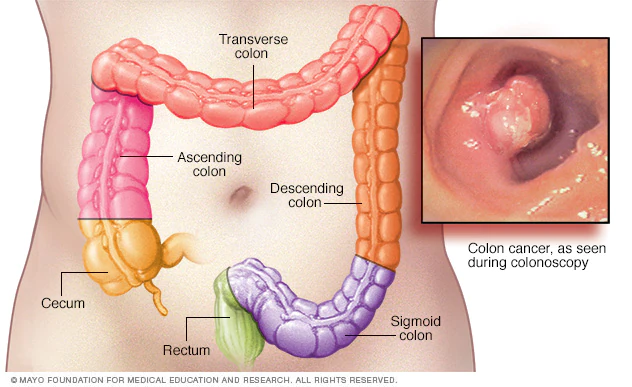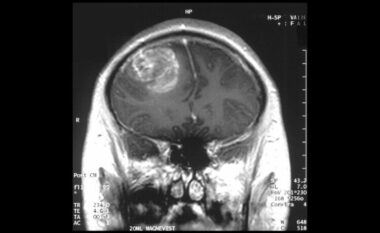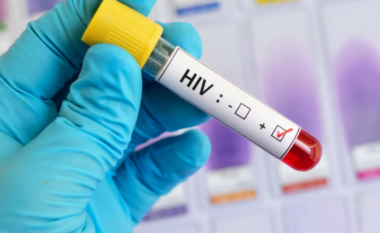What are Symptoms of Colorectal Cancer , how to Spot it and Treatment
Colorectal cancer, also known as bowel cancer, is a prevalent form of cancer that affects the colon or rectum. It develops when abnormal cells in the lining of the colon or rectum grow uncontrollably, forming tumors. Colorectal cancer is a serious condition that requires early detection and appropriate treatment. In this article, we will delve into the details of colorectal cancer, including its causes, risk factors, symptoms, and various treatment options available to patients.

- Colorectal Cancer: Causes, Risk Factors, and Prevention: The exact cause of colorectal cancer is not fully understood, but certain risk factors can increase an individual’s likelihood of developing the disease. These include age (risk increases with age), a family history of colorectal cancer or certain genetic conditions, personal history of inflammatory bowel disease, a diet high in processed meats and low in fiber, sedentary lifestyle, obesity, and smoking. Regular screenings, such as colonoscopies, can help detect precancerous polyps and prevent the development of colorectal cancer.
- Symptoms and Diagnosis: Colorectal cancer may initially present with subtle or no symptoms, but as the disease progresses, common signs may include changes in bowel habits, persistent abdominal discomfort, blood in the stool, unexplained weight loss, fatigue, and iron deficiency anemia. Diagnosing colorectal cancer typically involves a combination of medical history assessment, physical examinations, imaging tests (such as CT scans and MRI), colonoscopies, and biopsies to confirm the presence of cancerous cells.
- Treatment Options: The treatment plan for colorectal cancer depends on several factors, including the stage and location of the cancer, overall health of the patient, and individual preferences. The primary treatment modalities include:
a) Surgery: Surgical intervention is often the mainstay of treatment for colorectal cancer. It involves removing the cancerous tumor along with nearby lymph nodes. The extent of surgery varies based on the stage and location of the cancer, ranging from minimally invasive procedures like laparoscopic surgery to more extensive resections.
b) Chemotherapy: Chemotherapy involves the use of medications to destroy cancer cells throughout the body. It can be administered before surgery (neoadjuvant chemotherapy) to shrink tumors, after surgery (adjuvant chemotherapy) to eliminate remaining cancer cells, or as the primary treatment for advanced-stage colorectal cancer.
c) Radiation Therapy: This treatment modality utilizes high-energy X-rays or other radiation sources to target and destroy cancer cells. It is commonly used in combination with surgery or chemotherapy to improve treatment outcomes.
d) Targeted Therapy: Targeted therapies focus on specific molecular characteristics of cancer cells. These medications interfere with the growth and spread of cancer cells while minimizing damage to healthy cells.
e) Immunotherapy: Immunotherapy drugs stimulate the body’s immune system to recognize and attack cancer cells more effectively. While still under investigation for colorectal cancer, immunotherapy shows promise in certain cases.
- Lifestyle Modifications and Supportive Care: In addition to the primary treatment options, lifestyle modifications such as adopting a healthy diet rich in fruits, vegetables, and whole grains, engaging in regular physical activity, maintaining a healthy weight, and avoiding tobacco and excessive alcohol consumption can help improve treatment outcomes and overall well-being. Supportive care, including pain management, nutrition counseling, and psychosocial support, is essential to address the physical and emotional needs of individuals undergoing colorectal cancer treatment.
Conclusion: Colorectal cancer is a significant health concern, but early detection and appropriate treatment can greatly improve patient outcomes. Regular screenings, awareness of risk factors, and adopting a healthy lifestyle are crucial in preventing the development of colorectal cancer. Treatment options. /albeu.com














